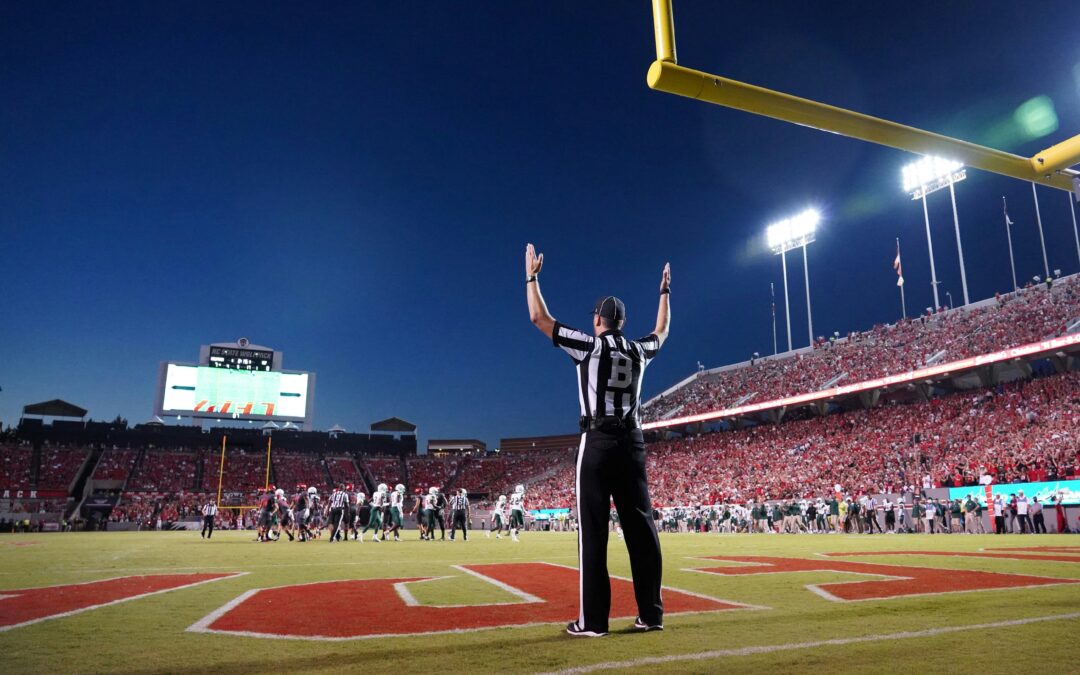By Thérèse Boudreaux | The Center Square
(The Center Square) – Legislation to expand rural Americans’ access to the internet by easing regulatory requirements for smaller broadband providers has unanimously passed the U.S. Senate.
The ACCESS Rural America Act, co-sponsored by U.S. Sen.s Tammy Baldwin, D-Wisconsin, and Joni Ernst, R-Iowa, would exempt small telecommunications companies serving rural areas from certain public registration and reporting requirements to the federal Securities and Exchange Commission.
“Registration and reporting requirements intended for larger, publicly-traded firms pose significant challenges for, and can impose substantial burdens on, smaller, locally-owned companies with limited resources,” said Shirley Bloomfield, CEO of NTCA–The Rural Broadband Association, which celebrated the bill’s passage.
“NTCA therefore greatly appreciates the leadership of Senators Baldwin, Ernst, and others in introducing and passing the ‘ACCESS Rural America Act,’ which will help relieve these burdens and enable small providers to focus more on their core mission of deploying and operating advanced broadband networks in rural areas.”
Reducing regulatory costs and cutting red tape for those smaller providers would help prevent them from going out of business and leaving rural communities without broadband internet access, Baldwin said Thursday.
“Access to high-speed internet is no longer a luxury – it’s a necessity for Wisconsinites to work, attend school online, run their businesses, manage their farms, and connect with people across the world,” Baldwin said. “For too long, small local providers, often in our rural areas, got caught up in burdensome regulations and it stopped them from reaching more people. My bipartisan bill cuts red tape for our small broadband providers and helps them expand reliable, affordable internet to more families and small businesses across Wisconsin.”
Wisconsin’s broadband internet infrastructure in 2024 received a C- from the American Society of Civil Engineers due to 5.4% of all locations in the state–mostly rural areas–being underserved by broadband or having below-average connectivity speeds.
Syndicated with permission from The Center Square.










